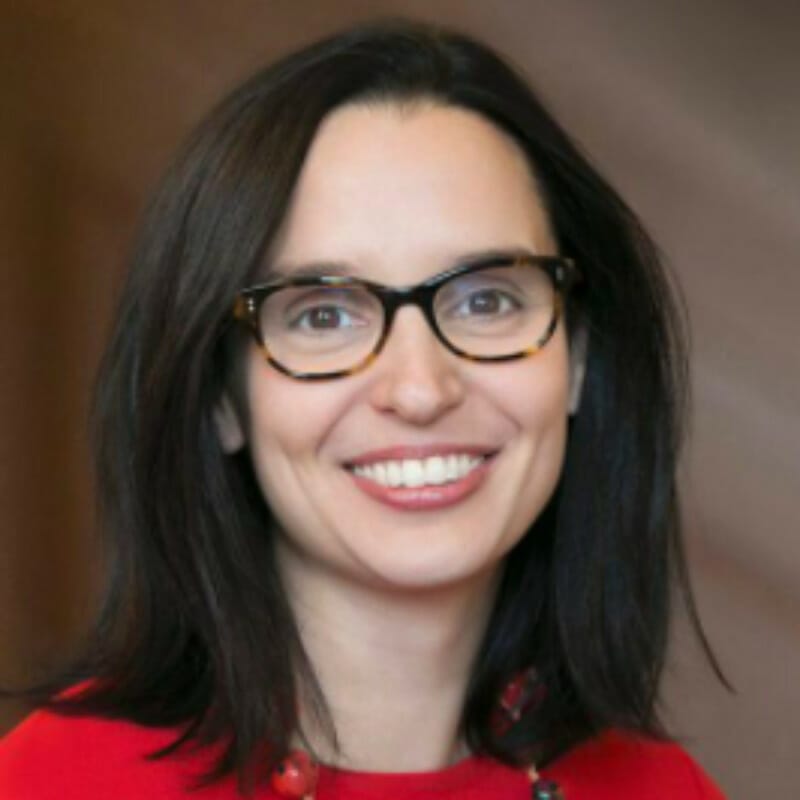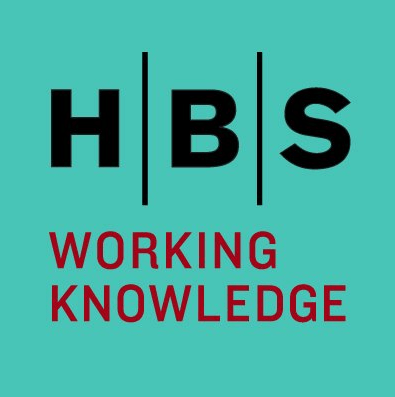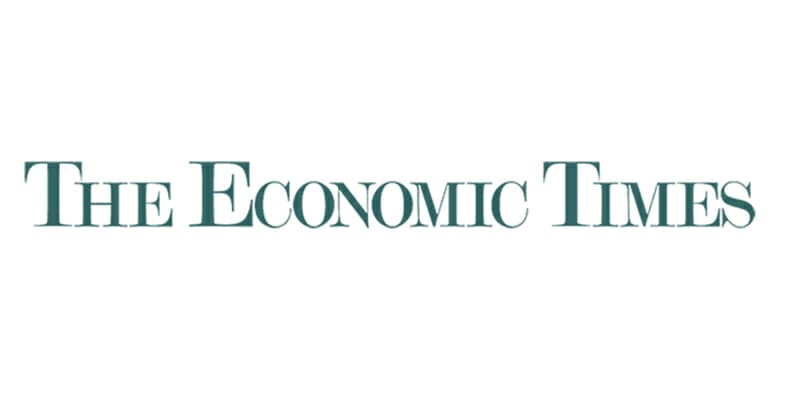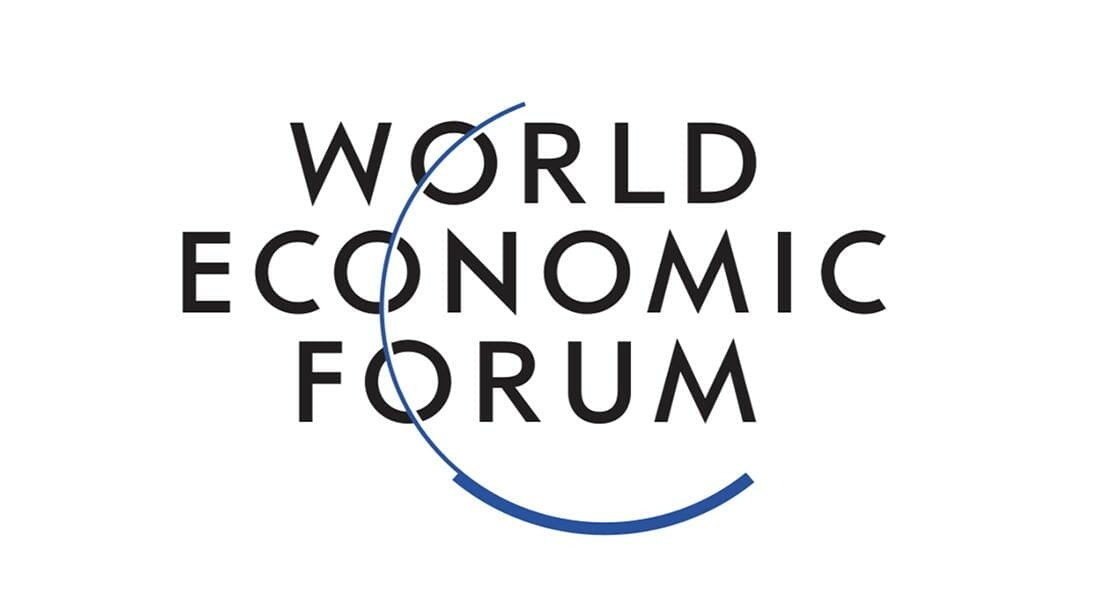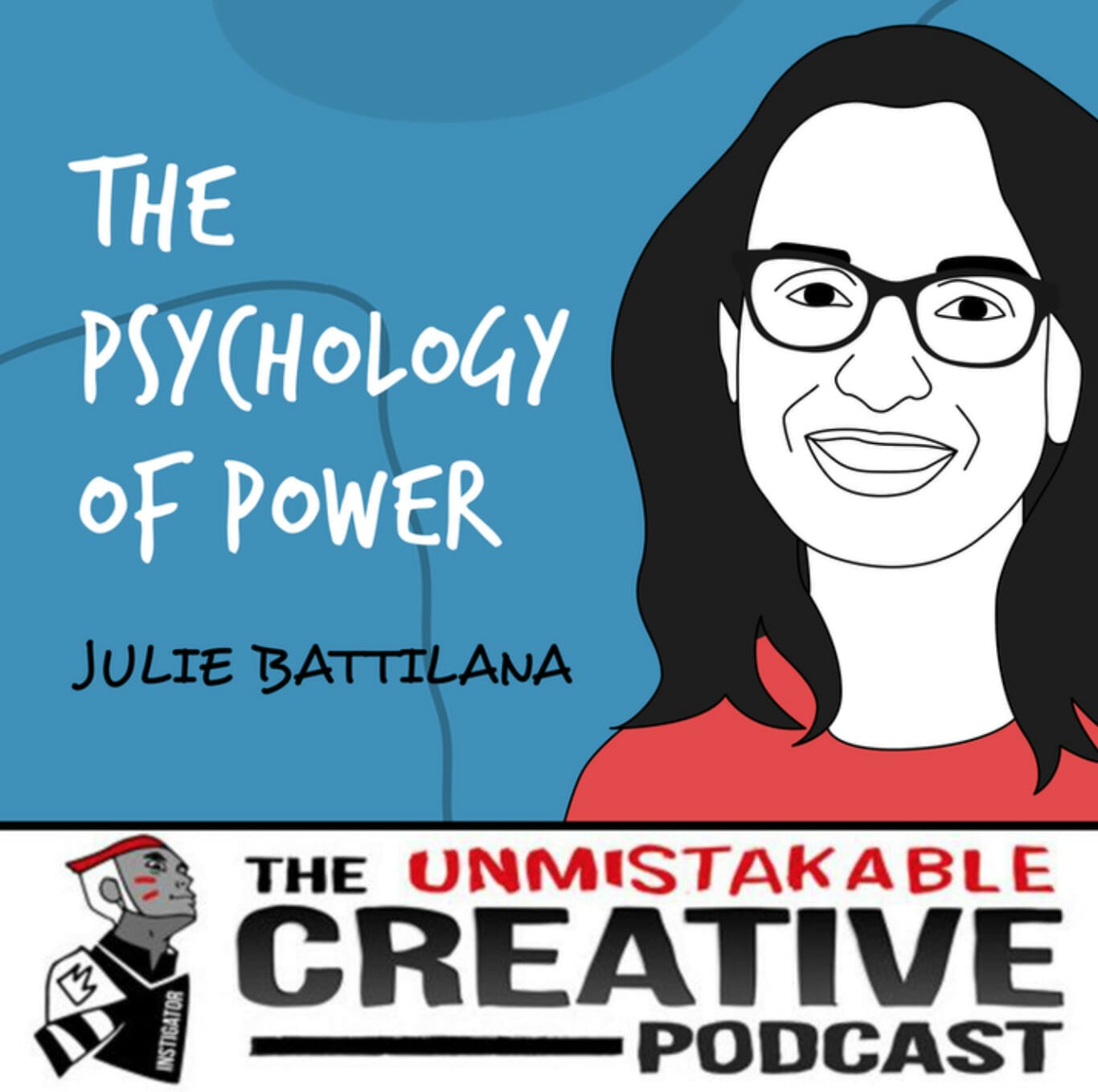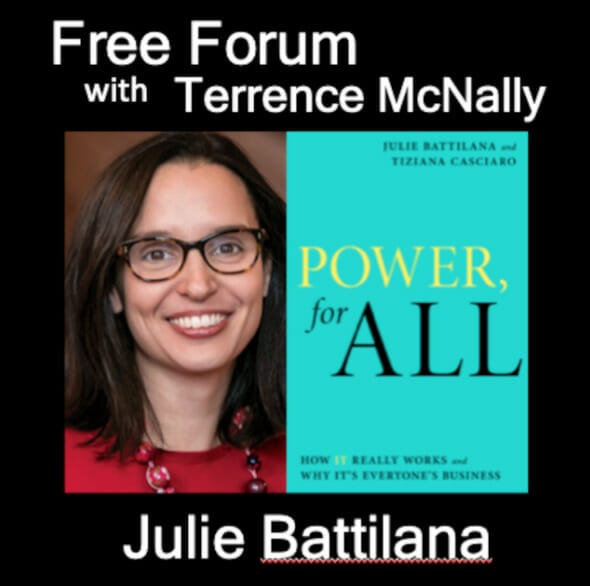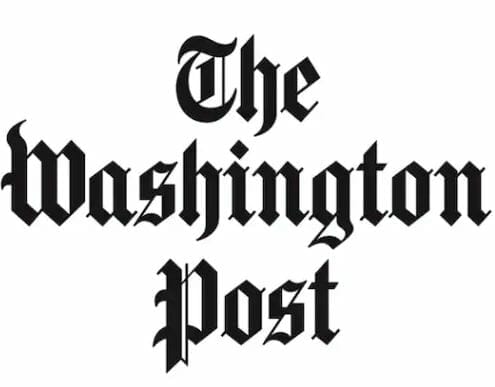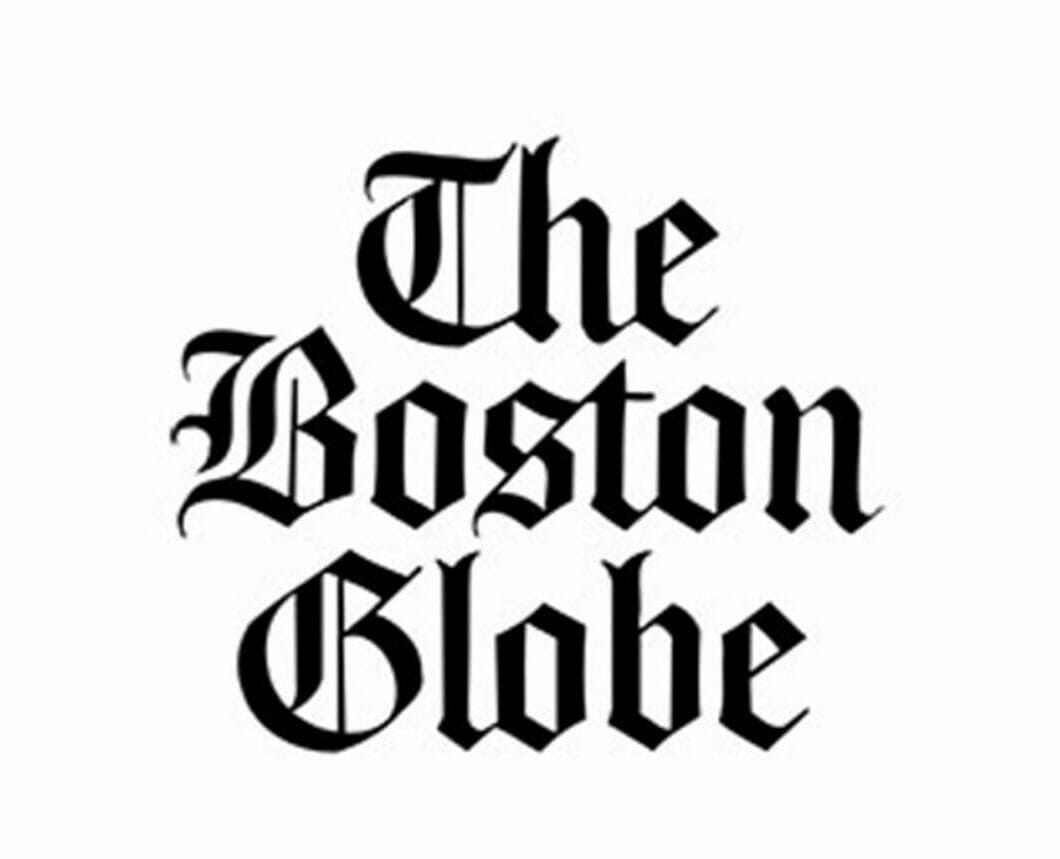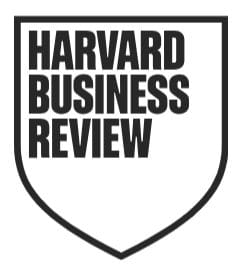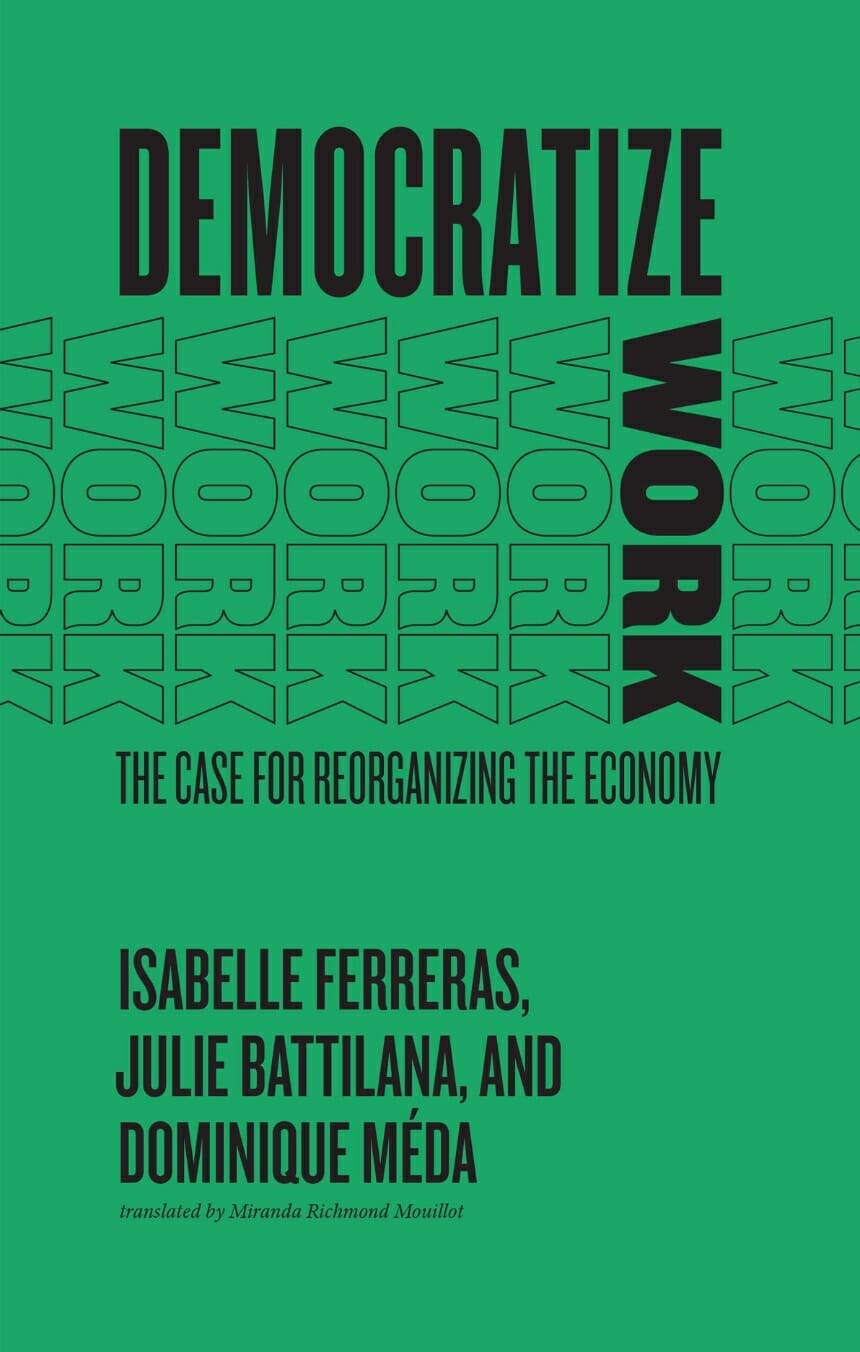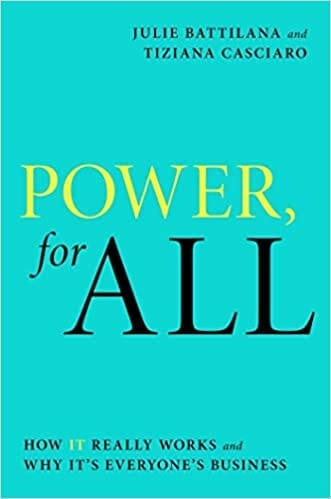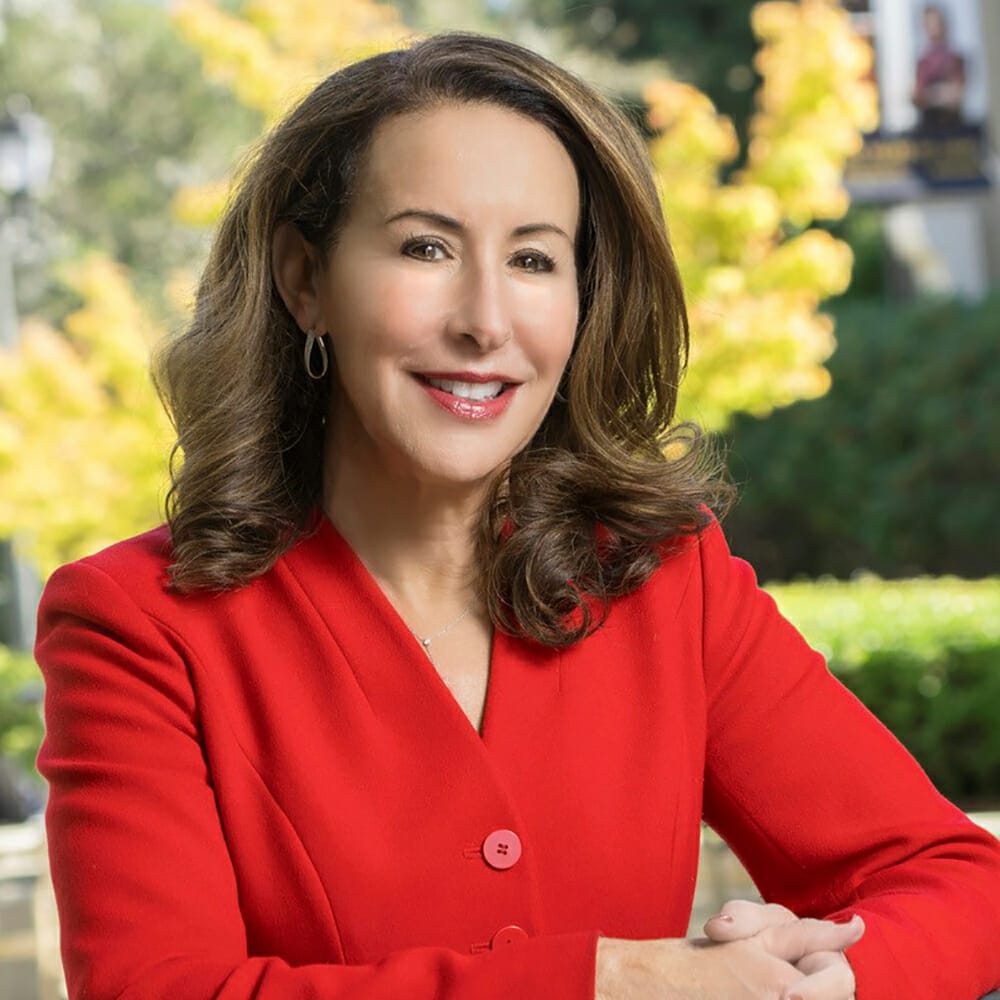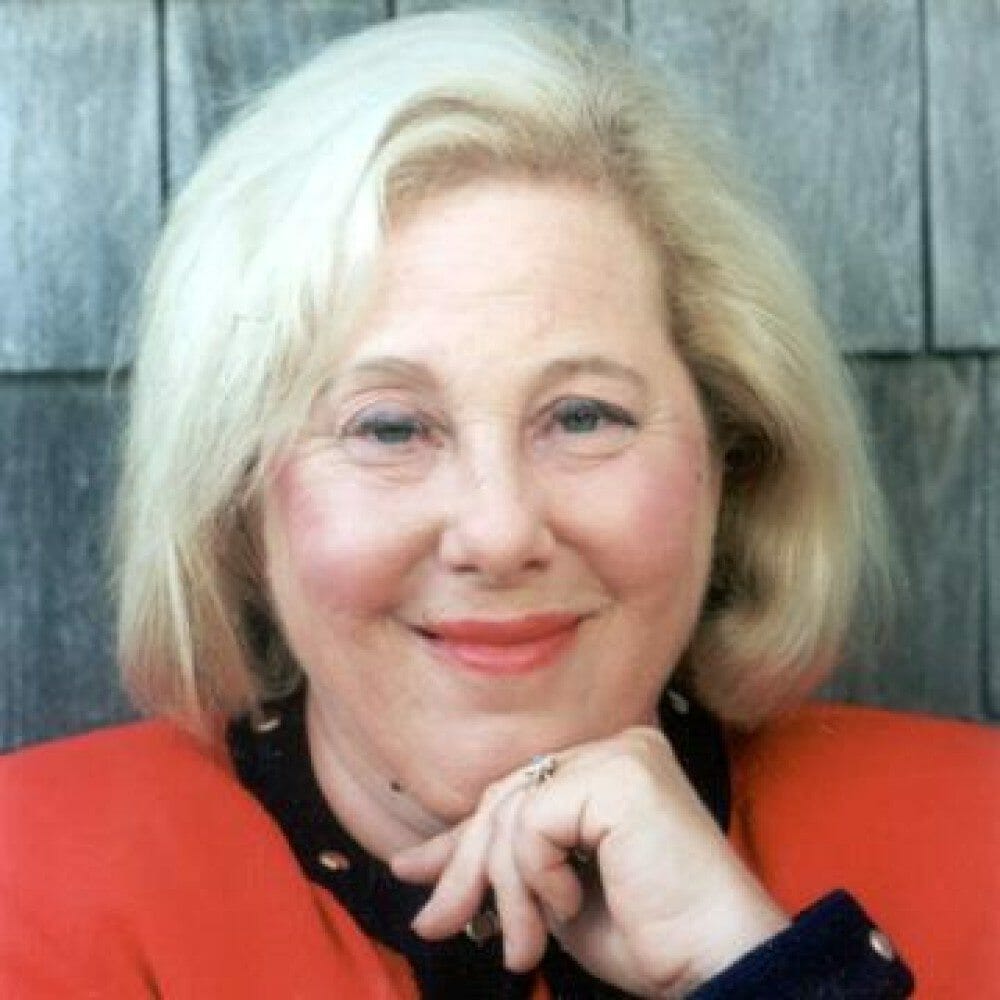Videos
Learn More About Julie Battilana
“Power” doesn’t have to be a dirty word. According to Harvard professor Julie Battilana, “When people understand power, they can be more effective leaders and change makers – and power can be learned.”
Battilana’s research shows that with the right tools to analyze and map power relationships, leaders and managers can have more impact in their organizations.
“Power is the ability to influence other people’s behavior, but what I like to say is this is a definition of power that’s not an explanation,” explains Battilana. “People have deep misconceptions about power. I help individuals at all levels of organizations understand the fundamentals of power, where power comes from, and how to channel and democratize it within their organizations.”
With joint appointments as the Joseph C. Wilson Professor of Business Administration in the Organizational Behavior unit at Harvard Business School (HBS) and the Alan L. Gleitsman Professor of Social Innovation at Harvard Kennedy School (HKS), and as the founder and faculty chair of the Social Innovation + Change Initiative, Battilana is uniquely positioned to understand power and influence from both business and policy perspectives. Her regular contributions to publications, including Academy of Management Journal, Harvard Business Review, Stanford Social Innovation Review, and others, focus on empowering innovative thinking and change with new, more balanced dynamics within organizations pursuing multiple objectives.
“In my research, I’ve found that organizations relying on more democratic governance may balance multiple goals, including environmental and social ones, more ably,” Battilana relates. “We can create more democratized outcomes, opportunity and success for those who may have been disadvantaged by previous societal power hierarchies by studying key interventions and decisions by change makers.”
By examining the possibilities of divergent change within the existing organization and creating conditions that enable individuals to initiate change and scale their social impact, Battilana – who co-chairs an executive education program for the Schwab Foundation for Social Entrepreneurship – advises leaders on the structures and management systems that organizations in each sector ought to adopt.
Battilana is the author of two critically acclaimed books focused on how we can reframe existing social structures to expand opportunities for power and change. Her award-winning book, “Power, for All: How It Really Works and Why It’s Everyone’s Business” (Simon & Schuster, August 2021), co-authored with Tiziana Casciaro, offers a timely, democratized vision of power. Based on 20 years of research and more than 100 interviews with a diverse cast of change makers from across the world, the book argues that power is energy that anyone, not solely those at the top of an organization, can harness to make their lives, work and societies better. Her latest book, “Democratize Work: The Case for Reorganizing the Economy,” co-authored by Isabelle Ferreras and Dominique Méda (University of Chicago Press, May 2022), provides a roadmap for rethinking our social and economic systems for a more just, greener and fairer tomorrow.
By lifting the veil on power, Battilana’s work helps individuals at all levels of organizations understand and navigate power in their relationships, organizations and society, and see power not as a dirty business, but instead a positive force that can be used for good.
###
Professor Julie Battilana is the Joseph C. Wilson Professor of Business Administration in the Organizational Behavior Unit at Harvard Business School and the Alan L. Gleitsman Professor of Social Innovation at Harvard Kennedy School, where she is also the founder and faculty chair of the Social Innovation + Change Initiative. She currently teaches the second-year Power and Influence course at HBS and HKS, in addition to chairing an executive education program for the Schwab Foundation for Social Entrepreneurship. Her articles are published in Academy of Management Journal, Academy of Management Review, Harvard Business Review, Journal of Business Ethics, Leadership Quarterly Management, Management Science, Organization, Organization Science, Organization Studies, Stanford Social Innovation Review, and Strategic Organization. Her research has been featured in publications such as Bloomberg, Businessweek, Forbes, Huffington Post, The Boston Globe, and The Guardian. She was previously a regular contributor to the French newspaper Le Monde. Battilana’s second book, “Democratize Work: The Case for Reorganizing the Economy,” was originally published in French as “Le Manifeste Travail by Le Seuil” (2020).
A native of France, Battilana earned a bachelor’s degree in sociology and economics, a master’s in political sociology and a master’s in organizational sociology and public policy from École Normale Supérieure de Cachan. She also holds a degree from HEC Business School, a joint Ph.D. in organizational behavior from INSEAD and in management and economics from École Normale Supérieure Paris-Saclay.
Julie Battilana is available to advise your organization via virtual and in-person meetings, interactive workshops, and customized keynotes through the exclusive representation of Stern Speakers & Advisors, a division of Stern Strategy Group®.
Becoming Effective Change Makers
Introducing change in organizations and in society can prove very challenging. Numerous studies show that people tend to instinctively oppose such initiatives because they diverge from well-established norms and disrupt existing power structures. At the same time, much of their resistance is not overt, or sometimes even conscious. So changemakers must infer people’s attitudes, and then work to get them on board. Some do succeed—often spectacularly—at transforming their organizations, communities or sectors of society. What makes one manager triumph in a situation when the vast majority would fail? Existing models of change management provide only partial answers as to why the results are so variable. In this presentation, Harvard professor Julie Battilana reveals what successful change agents do differently. Insightful and passionate, Battilana shows leaders and teams that the key to successfully implementing change is understanding power to use one’s own effectively. She covers the fundamentals of power, debunks the common myths surrounding it and unveils how to harness power for positive impact in individual lives and in the world. By explaining what power is and what it is not, as well as how to identify one’s own sources of power, this discussion helps audiences understand and navigate power in their relationships, organizations and society and shows that power is not a dirty business, but instead energy than can be used for good.
Democratizing Work: Architecture for a Sustainable Society
Amid mounting inequalities tied to race, gender and class — and with huge implications for the ecological fate of the planet — Harvard Business School and Harvard Kennedy School professor Julie Battilana relates that only 20% of the world’s population lives in completely free countries. By democratizing access to knowledge about power, we can enable others to be more effective and influential leaders and change makers. Expanding on concepts presented in her two co-authored books, the award-winning “Power, for All: How It Really Works and Why It’s Everyone’s Business” (August 2021) and “Democratize Work: The Case for Reorganizing the Economy” (May 2022), Battilana re-frames for business leaders the current tensions between democracy and capitalism as opportunities for renewal and transformation.
Power, for All: Identifying Sources of Power for Positive Global Impact
“Power” doesn’t have to be a dirty word anymore. Today, it’s something that can be learned and harnessed for personal and organizational gain, says Professor Julie Battilana. Through her teaching at Harvard Business School and Harvard Kennedy School, and as the founder and faculty chair of the Social Innovation and Change Initiative, Battilana has taught and worked closely with hundreds of change makers and leaders in social innovation across multiple sectors. In this talk based on two decades of researching the politics of change in organizations and society and more than 100 interviews with people with different paths to and through power, Battilana reveals the fundamentals of power, debunks the common myths surrounding it and discusses how to harness power for positive impact in our lives and in the world. This presentation helps audiences understand and navigate power in their relationships, organizations and society, and see power not as a dirty business, but instead a positive force that can be used for good.
Gender, Power & Diversity: Empowering Innovation with Rebalanced Dynamics
How does an organization truly become inclusive? You need a cultural change, says Harvard Business School and Harvard Kennedy School professor Julie Battilana. But the first step is understanding power, where it comes from and the power hierarchy within an organization. In this presentation filled with lessons from her award-winning 2021 co-authored book “Power, for All: How It Really Works and Why It’s Everyone’s Business,” Battilana unveils a framework for evaluating an organization’s systems and processes to optimize for innovation. She also demonstrates new power-balancing dynamics that empower new change makers to share fresh ideas.
Confronting a Multidimensional Crisis: Leveraging Power for Systematic Change
Today, we are facing a multidimensional crisis: the intersection of a global health pandemic, rising income inequality, continued racial and gender inequalities, and democratic decline, with climate change promising further instability. This many-pronged threat is fundamentally a crisis of “power concentration,” says Harvard Business School and Harvard Kennedy School professor Julie Battilana. To tackle this crisis, change makers need to develop a deep understanding of the inner workings of power. In this presentation, Battilana dives into the essential ingredients for effecting social change: what change makers must know about power and how to use that knowledge to confront our obstacles, fight the massive concentration of power and change our social and economic systems to make them fairer, greener and more just. Leaning on her two books — 2021’s award-winning “Power, for All: How It Really Works and Why It’s Everyone’s Business“, for which she conducted over 100 interviews with change leaders, and the newly co-authored “Democratize Work: The Case for Reorganizing the Economy” (May 2022) – and her research on change implementation, this session covers the fundamentals of power, debunks three common (and dangerous!) myths about power, and reveals the importance of power sharing while also holding power accountable to change the systems that perpetuate inequality and environmental destruction.
Building a Movement
March 1, 2019
Why Many Women Social Entrepreneurs Avoid Commercial Models
December 8, 2017
Don't Let Power Corrupt You
(Harvard Business School, September-October 2021)
Blurring the Boundaries: The Interplay of Gender and Local Communities in the Commercialization of Social Ventures
(Harvard Business School, September 2017)

Harnessing Productive Tensions in Hybrid Organizations: The Case of Work Integration Social Enterprises
(Academy of Management Journal, November 2014)

Advancing Research on Hybrid Organizing – Insights from the Study of Social Enterprises
(Academy of Management Journal, January 2014)
Communicating Change: When Identity Becomes a Source of Vulnerability for Institutional Challengers
(Harvard Business School, 2014)
Overcoming Resistance to Organizational Change: Strong Ties and Affective Cooptation
(Harvard Business School, April 2013)
Organizing for Society: A Typology of Social Entrepreneuring Models
(Harvard Business School, December 2012)
The Enabling Role of Social Position in Diverging from the Institutional Status Quo: Evidence from the U.K. National Health Service
(Harvard Business School, July-August 2011)
Leadership Competencies for Implementing Planned Organizational Change
(Harvard Business School, June 2010)
The Circulation of Ideas across Academic Communities: When Locals Re-import Exported Ideas
(Harvard Business School, June 2010)
Building Sustainable Hybrid Organizations: The Case of Commercial Microfinance Organizations
(Harvard Business School, December 2010)
Power, Social Influence and Organizational Change: A Network Perspective
(Harvard Business School, 2010)
How Actors Change Institutions: Towards a Theory of Institutional Entrepreneurship
(Harvard Business School, 2009)
Acting Globally but Thinking Locally? The Enduring Influence of Local Communities on Organizations
(Harvard Business School, 2009)
Agency and Institutions: The Enabling Role of Individuals' Social Position
(Harvard Business School, September 2006)
Becoming Effective Change Makers
Introducing change in organizations and in society can prove very challenging. Numerous studies show that people tend to instinctively oppose such initiatives because they diverge from well-established norms and disrupt existing power structures. At the same time, much of their resistance is not overt, or even conscious. Change makers must infer people’s attitudes, and then work to bring them on board. Some leaders do succeed — often spectacularly — at transforming their organizations, communities or sectors of society. But what makes one manager triumph in a situation when the vast majority would fail? Existing models of change management provide only partial answers as to why the results are so variable.
In this interactive session, Harvard Business School and Harvard Kennedy School Professor Julie Battilana invites audiences to investigate what successful change agents do differently. By studying power fundamentals and misconceptions, participants learn that the key to successfully implementing change is understanding power, then effectively wielding their own influence with others. Participants discuss the fundamentals of power, debunk common myths surrounding it and learn how to harness power for positive impact in their lives and in the world. By explaining what power is and what it is not, as well as how to identify your own sources of power, this discussion helps participants understand and navigate power in their relationships, organizations and society, and allows them to view power not as dirty business, but instead a positive force for good.
Praise for "Democratize Work"
“A cornerstone for building a fairer and more inclusive society. A must-read.”
"This terse and acerbic book argues for three urgent and critical changes to workplaces: democratize firms, decommodify work, and decarbonize the environment. The authors' assessment of the status quo is not sugarcoated with easy-to-swallow challenges and uplifting signs of progress. Rather, the ideas presented are ambitious and bold. After the brief introduction and manifesto on work, the authors include 12 separate companion pieces, each making the case that dire consequences will result without changes to workplaces and society. Bold and fascinating, this book offers an important perspective on the priorities of the workplace and society at large."
“Exciting yet viable — the framework to mobilize for change and an essential handbook for everyone hoping for a better future.”
“This brilliant book makes the most compelling, comprehensive, and accessible case yet for democratizing work. It shows how we all have a stake in empowering workers at work — not only for the sake of workers, but for democracy at large, and a more sustainable planet.”
“This book powerfully makes the case that democracy cannot be limited to political institutions but also belongs in the workplace. As technology and a global pandemic are radically remaking our relations at work, this book offers desperately needed guidance for achieving a more just and inclusive economic system. Imaginative, empirically informed, and motivated by a profound humanity, this is a [sic] normative social science at its best.”
Praise for "Power, For All"
Cited in:
“10 new books to read in August” — Fortune
“FT business books: August edition” — Financial Times
“A remarkably insightful read on what power is, how it’s gained and lost, and how it can be used for good. The masterful analysis by two leading experts will make you rethink some of your most basic assumptions about influence.”
“Power dynamics are tricky, frustrating and frequently destructive. A central cause is the lack of a concrete, usable model for thinking through how to diagnose and shift power dynamics. In ‘Power, for All,’ Battilana and Casciaro fill this void by providing both a model and numerous case studies to illustrate how each one of us can manage power to more productive ends.”
“‘Power, for All’ is an instant classic: a brilliantly conceived, beautifully written and highly informative guide to the critical but often misunderstood phenomenon of power. Battilana and Casciaro weave together insights from a wide range of research studies—brought to life through compelling stories—to present a profoundly moral case for how to use power to make our world better.”
“In ‘Power, for All,’ Battilana and Casciaro help us understand that power doesn’t always have to destroy and take—it can be used to serve and build; and they show us how to organize in a way that combines our power with others. A necessary work for this cultural moment.”
“In an age when authoritarians are on the rise and freedoms are imperiled, Julie Battilana and Tiziana Casciaro offer a fresh, more hopeful view of how power can be shared by all citizens. Their conclusions, rooted in research and world-wide reporting, show that power can be dirty but in honorable hands, can also be an enormous force for good. This book will be invaluable to anyone asking how to acquire power, how to keep it and how to exercise it for moral purposes.”
